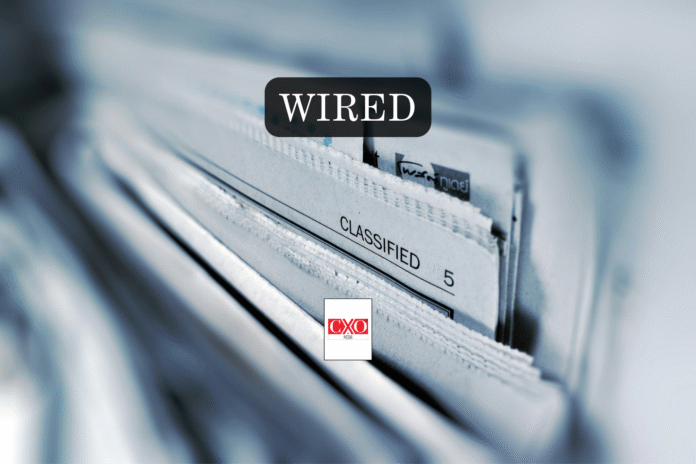The Federal Board of Revenue (FBR) has introduced simplified digital tax return forms for salaried individuals as part of its broader digitisation efforts aimed at making tax compliance easier and expanding the national tax base. This development was announced during a high-level review meeting chaired by Prime Minister Shehbaz Sharif, where several key milestones in FBR’s digital transformation strategy were discussed.
One of the major highlights of the meeting was the rollout of user-friendly tax return forms tailored for salaried taxpayers. These forms have been made significantly more concise and are now available in Urdu to increase accessibility. The Urdu-language versions are expected to be formally launched by July 30. Officials noted that this move will benefit a large segment of the population, many of whom previously faced barriers due to language and complex documentation.
During the meeting, the prime minister stressed that simplifying the process of filing tax returns is essential to ensuring broader compliance and reducing the burden on lower-income segments. He directed the establishment of a helpline to support users during the filing process and called for the digital invoicing interface to also be made available in Urdu. PM Shehbaz emphasized that the primary focus of all ongoing reforms must be the convenience of the common citizen.
The prime minister further instructed that all FBR initiatives be validated through third-party channels to ensure transparency and trust. He highlighted that the simplified tax returns have been integrated with a centralized database, which will help make the filing process faster and more efficient. A public awareness campaign will also be launched to encourage participation and educate people about the ease of using the new system.
He acknowledged the efforts of Finance Minister Muhammad Aurangzeb, the FBR chairman, and their teams, noting that the progress made so far is the result of coordinated, focused work. He described the deployment of an AI-based tax assessment system as a major success in the country’s fiscal history and highlighted its role in improving enforcement, transparency, and data-driven decision-making.
During the session, officials also shared updates on other ongoing projects, including digital invoicing, the e-bilty system, simplified returns, the central command and control center, and a cargo tracking system. It was reported that bidding for the centralized FBR control unit would soon be completed and the system is expected to be operational by September. This platform will enable real-time tracking of tax payments, cargo movements, and allow automated data integration for faster assessments.
With digital invoicing now mandatory for all businesses, large and small, nearly 20,000 businesses are expected to integrate into the system over the coming months. Over 8,000 invoices worth PKR 11.6 billion have already been issued through the online platform. Businesses can join the system at no cost via PRAL, and training sessions are being conducted to help onboard new users. Once fully adopted, businesses will no longer need to file separate sales tax returns, as transactions will be automatically recorded and reconciled.
The introduction of internationally compliant 8-digit HS Codes will further help eliminate fraudulent invoicing practices. Combined with real-time cargo tracking and AI-based declarations for traders, the reforms aim to modernize Pakistan’s tax infrastructure and promote better compliance across sectors.





